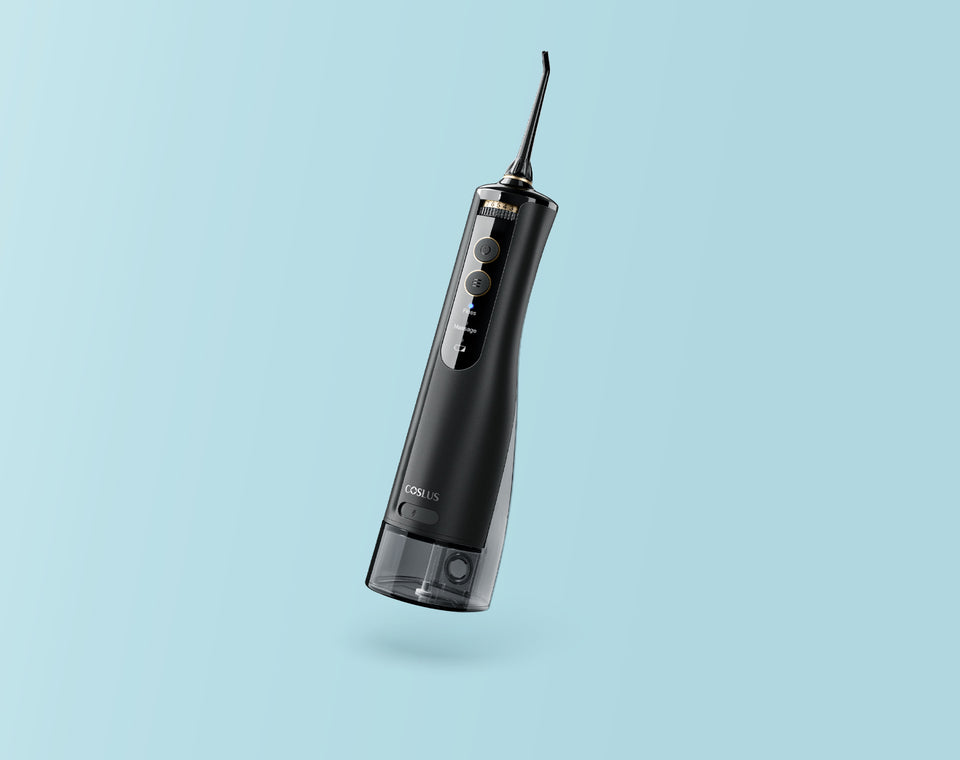Unlock Your Best Smile: Discover the Surprising Advantages of Water Flossing Over Traditional Techniques!
Maintaining oral hygiene is crucial for overall health, and one of the key components of a good dental care routine is flossing. Flossing helps to remove food particles and plaque from between the teeth, areas that a toothbrush often misses. While traditional flossing has long been the go-to method for achieving this, a newer alternative has emerged: water flossing. This innovative technique utilizes a stream of pulsating water to clean between teeth and along the gum line. In this article, we will explore the benefits of water flossing, highlighting how it stacks up against traditional methods, and why it might be the right choice for you.

The Basics of Water Flossing
A water flosser, also known as an oral irrigator, is a device that uses a pressurized stream of pulsating water to remove food particles and plaque from between teeth and below the gum line. The technology behind these devices involves a small motor that pumps water through a nozzle, creating a targeted spray that can reach areas that traditional dental floss may struggle to access. Unlike dental floss, which requires manual dexterity and can sometimes be difficult to maneuver, water flossers provide a more accessible and user-friendly option for maintaining oral health. In addition, water flossers can be adjusted for pressure settings, allowing users to customize their experience for comfort and effectiveness.
Benefits of Water Flossing
Water flossing offers numerous advantages that make it an appealing choice for many individuals. One of the primary benefits is its effectiveness in plaque removal. Studies have shown that water flossers can be as effective, if not more so, than traditional floss in reducing plaque and gum disease. Furthermore, water flossers are incredibly user-friendly; the ease of use makes them ideal for people of all ages, including children and the elderly. For those with braces or dental implants, water flossing can be particularly beneficial, as it gently cleans around appliances without causing irritation. Comfort is also a significant advantage; many users report that water flossing is a more pleasant experience than traditional flossing, which can sometimes be harsh on the gums.
Comparison with Traditional Flossing
When comparing water flossing to traditional flossing, efficiency is a notable differentiator. Water flossers can cover a larger area in a shorter amount of time, making the process quicker and more convenient for busy lifestyles. Accessibility is another factor; for individuals with limited dexterity or mobility issues, water flossers provide a practical alternative that doesn't require as much manual effort. Additionally, user satisfaction tends to be higher among water flosser users, with many expressing that they find the experience more enjoyable. Statistics indicate that people who use water flossers are more likely to stick with their oral hygiene routine, which ultimately contributes to better dental health.
Who Should Consider Water Flossing?
Water flossing is particularly beneficial for certain groups of individuals. Those with braces or orthodontic appliances often find it challenging to clean effectively with traditional floss, making water flossers an excellent solution. Additionally, individuals with periodontal disease can benefit from the gentle yet thorough cleaning that water flossers provide, helping to maintain gum health and prevent further complications. Finally, for those with limited dexterity, such as older adults or individuals with disabilities, water flossers offer an easier and less frustrating way to keep teeth and gums clean. In these scenarios, the advantages of water flossing become clear, making it a valuable addition to their oral hygiene routine.
Embracing Water Flossing for Better Oral Hygiene
In summary, water flossing presents a host of compelling advantages over traditional flossing techniques. From its effectiveness in plaque removal to its ease of use and comfort, it offers a practical solution for a wide range of individuals. Whether you're looking to improve your oral health or seeking a more enjoyable flossing experience, incorporating a water flosser into your dental care routine could be a game changer. Embrace the benefits of water flossing for a healthier, brighter smile!








